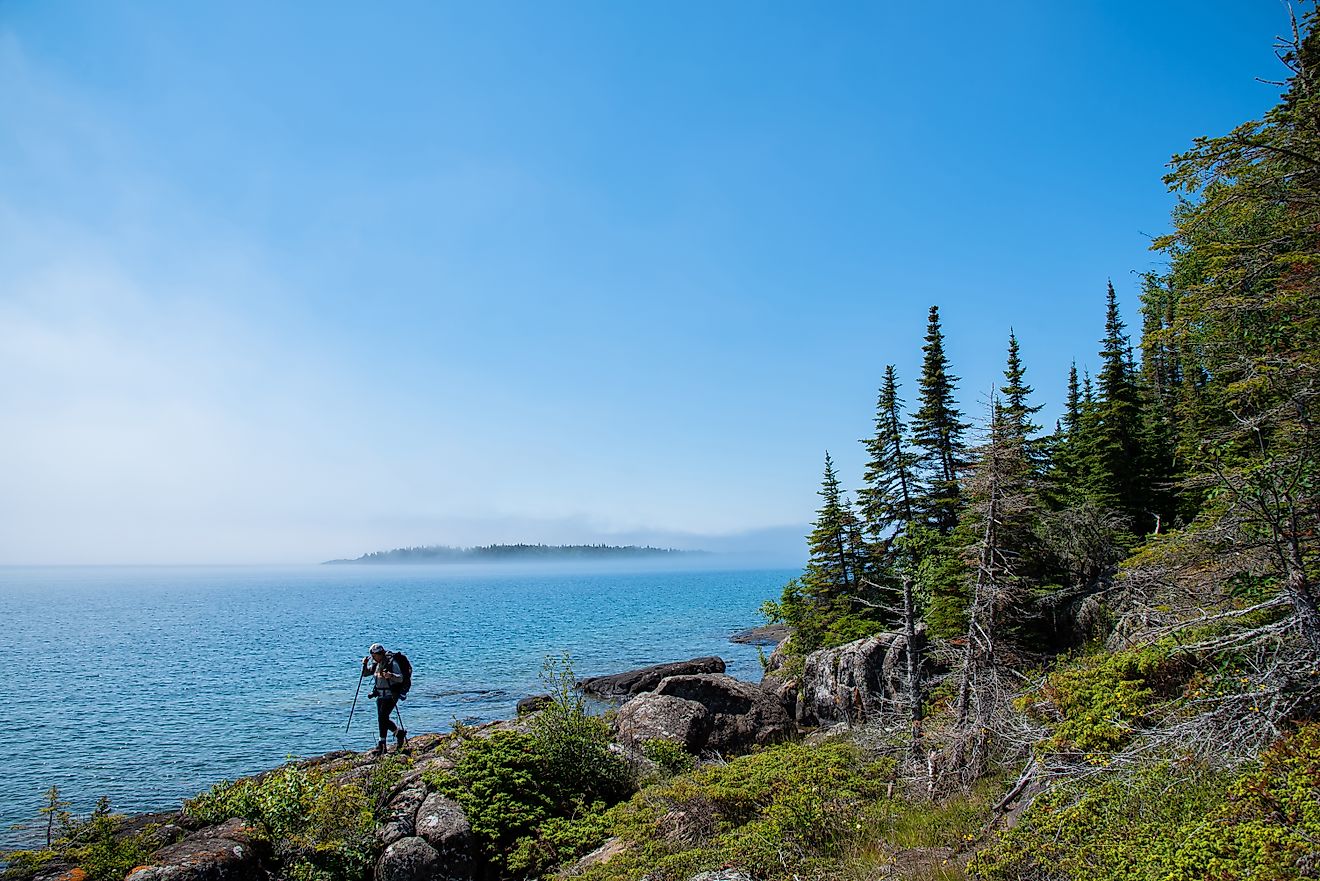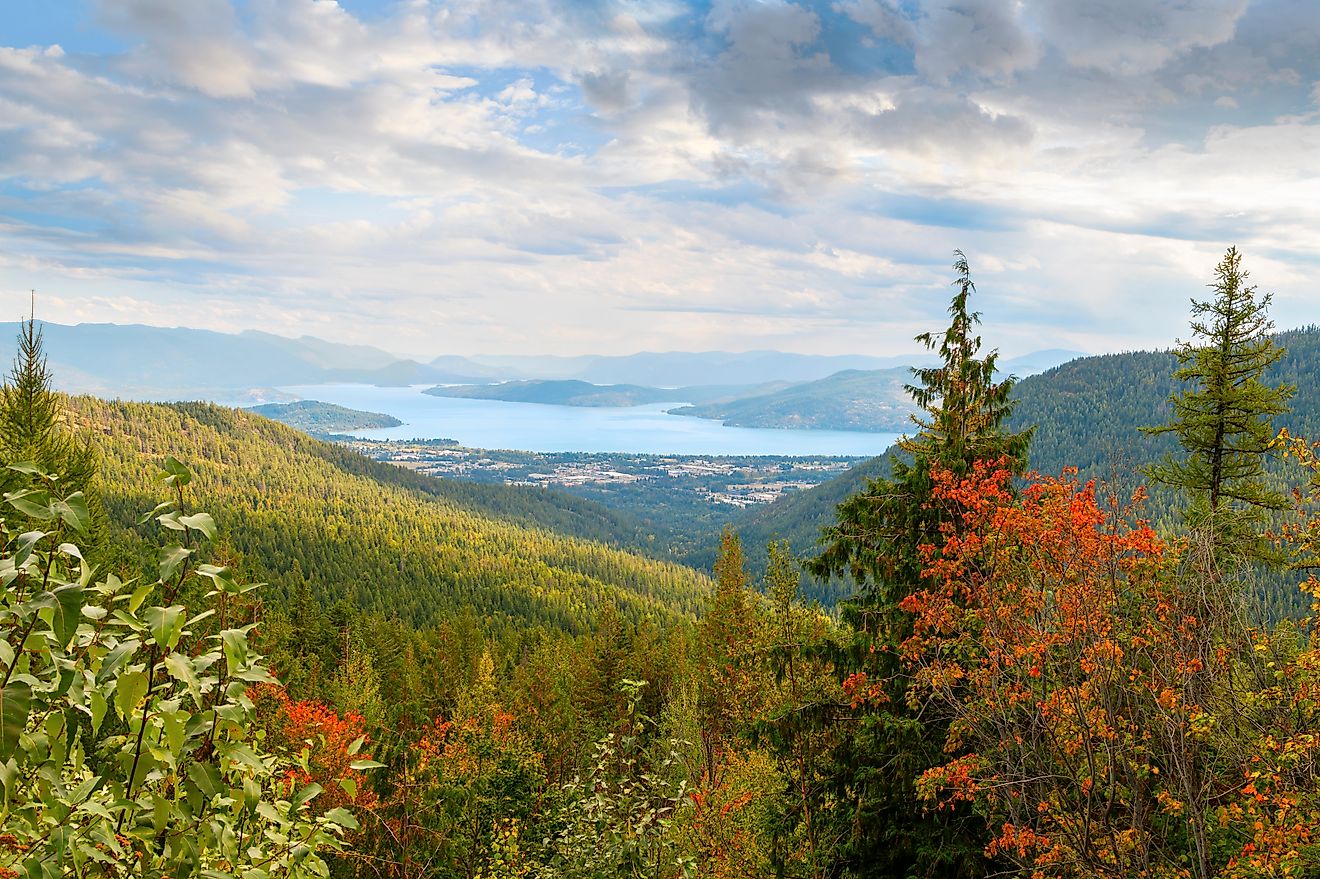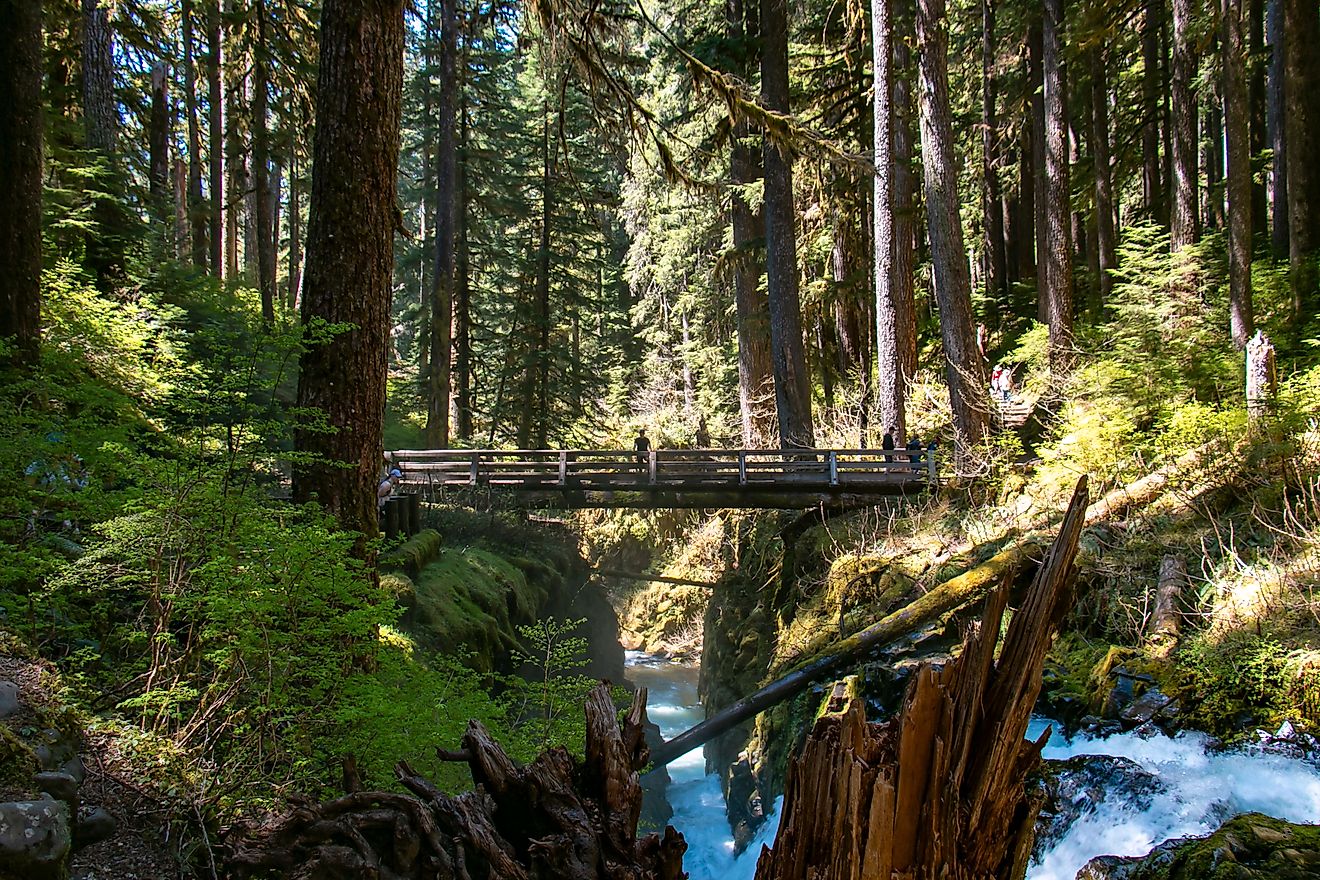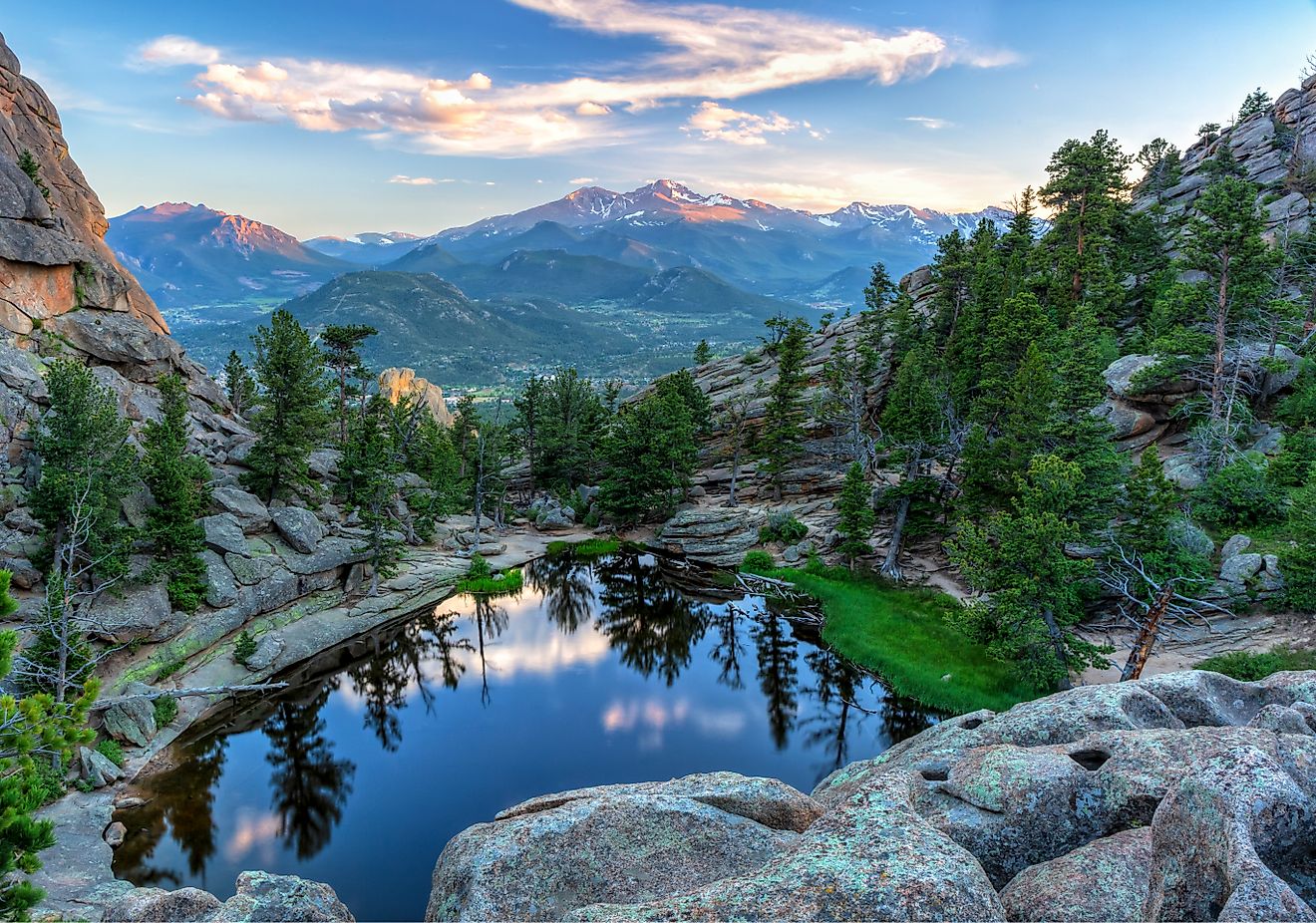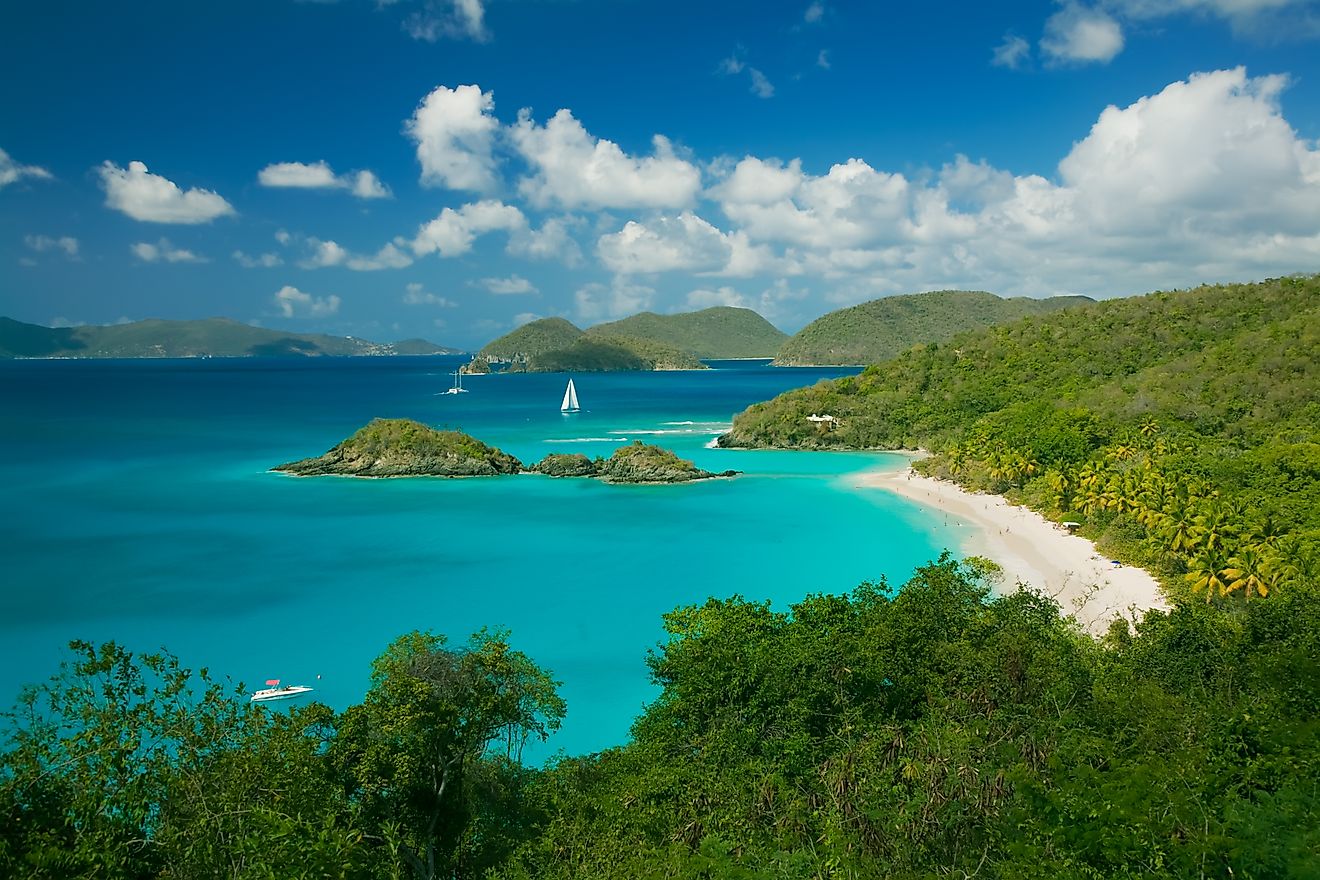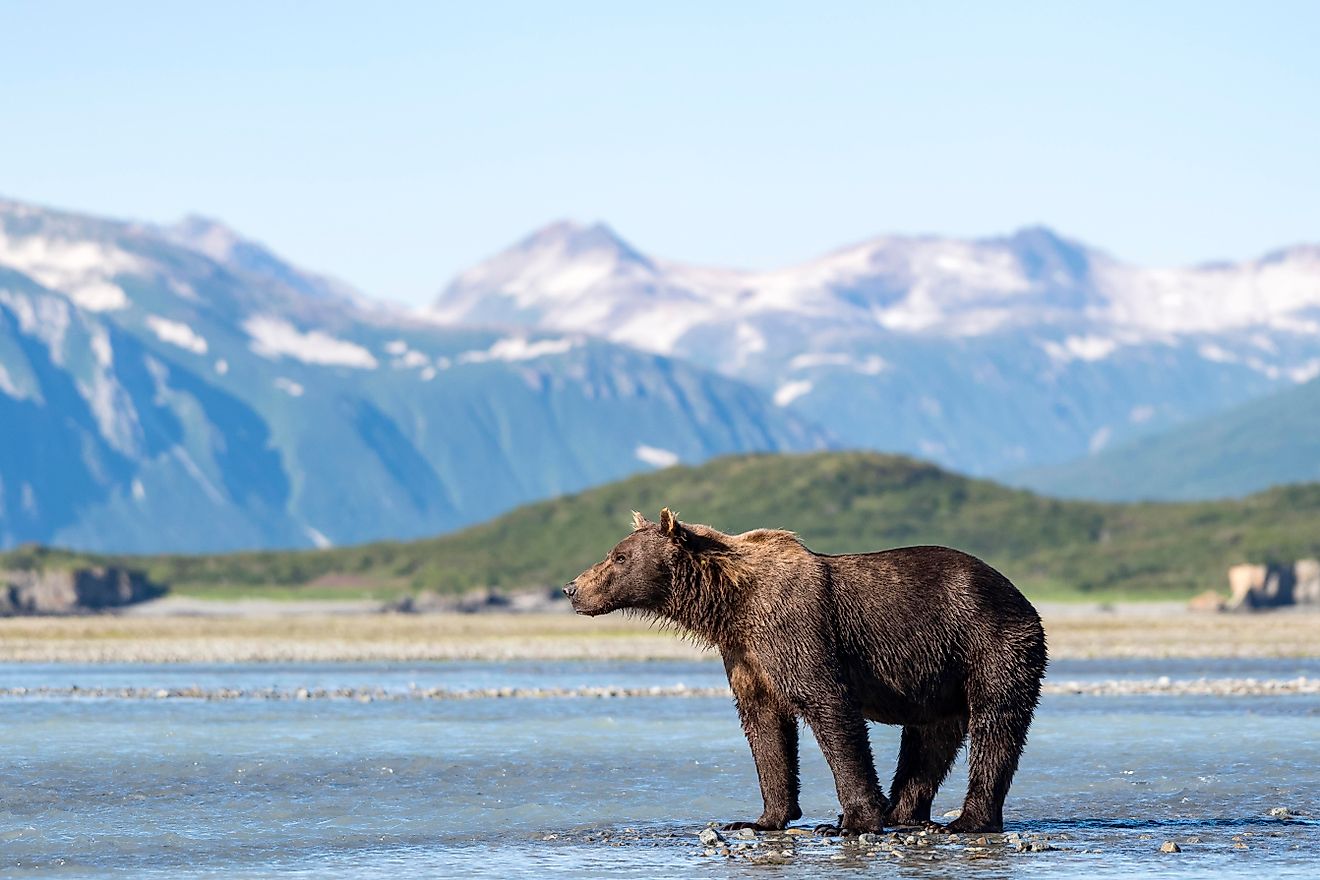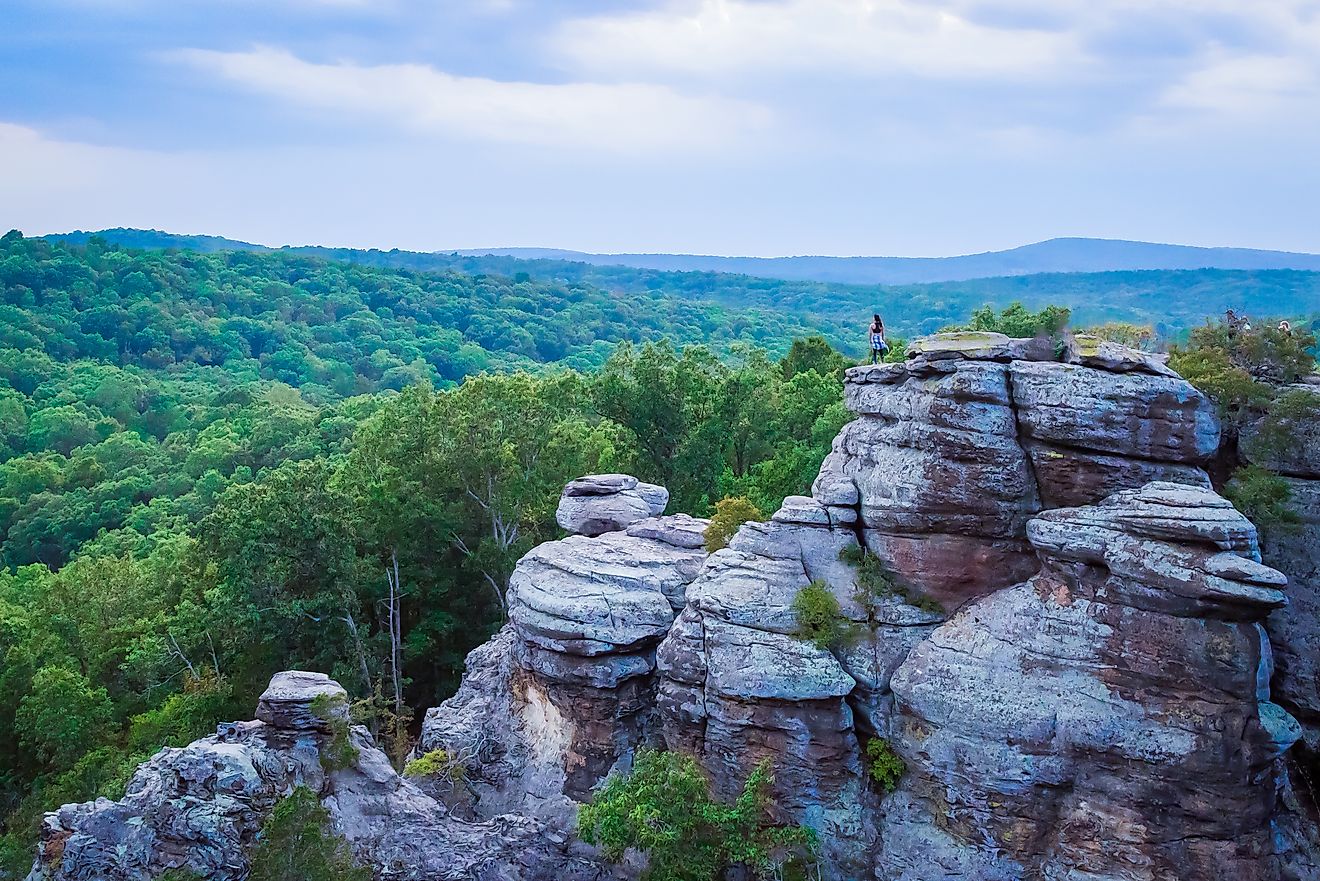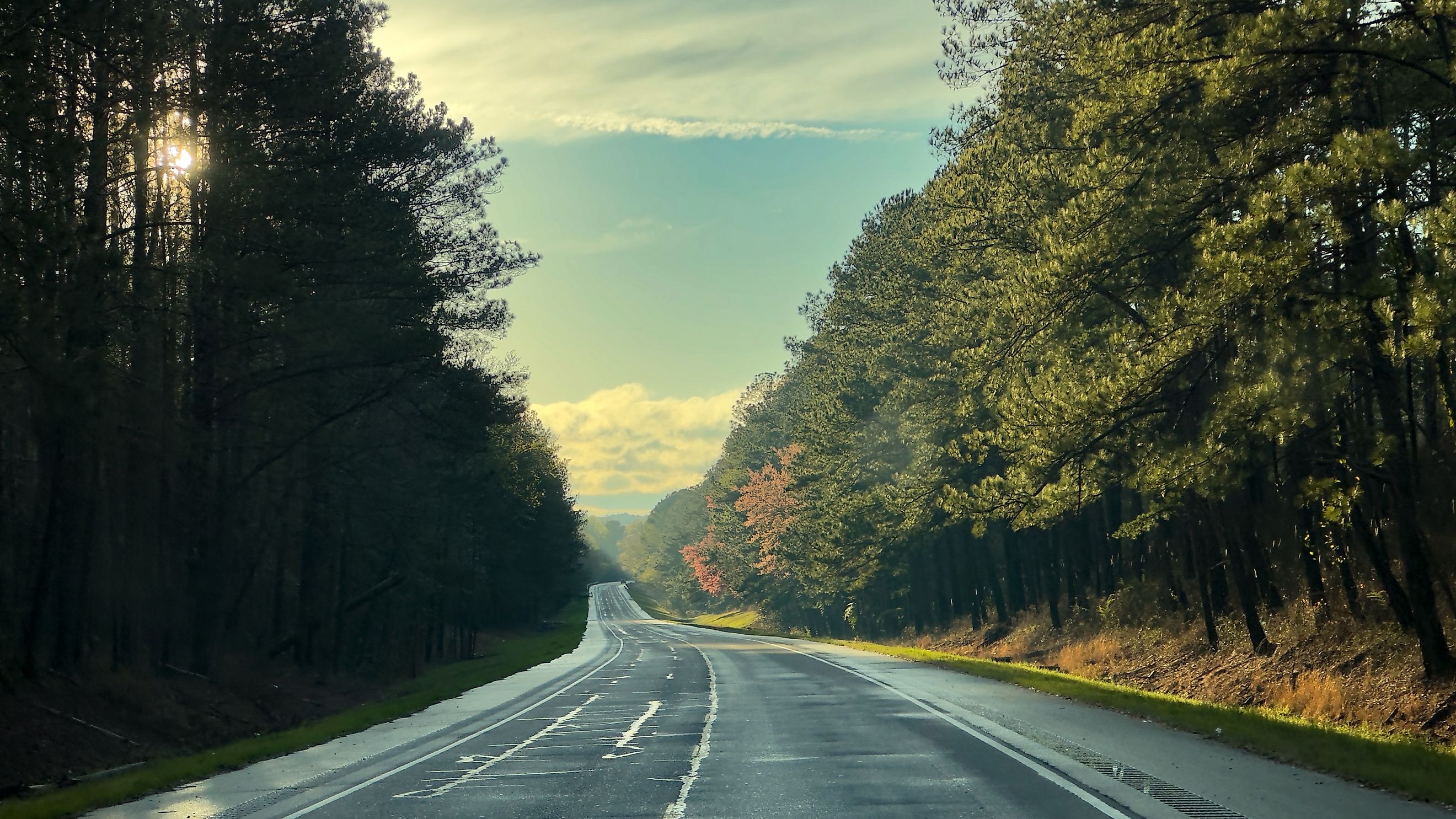
Tuskegee National Forest: The Smallest National Forest in The US
Deep in the heart of Alabama, there’s a patch of forest that defies expectations. While national forests are usually known for their vast size and endless horizons, Tuskegee National Forest stands out for the opposite reason. At just 11,000 acres, it is the smallest national forest in the United States, yet it packs an incredible variety of landscapes, history, and outdoor adventure into its compact borders. From hiking trails that follow the footsteps of naturalist William Bartram to quiet ponds where anglers reel in bass and catfish, this little forest proves that you don’t need thousands of square miles to find big experiences in nature.
A Forest Born from Struggle
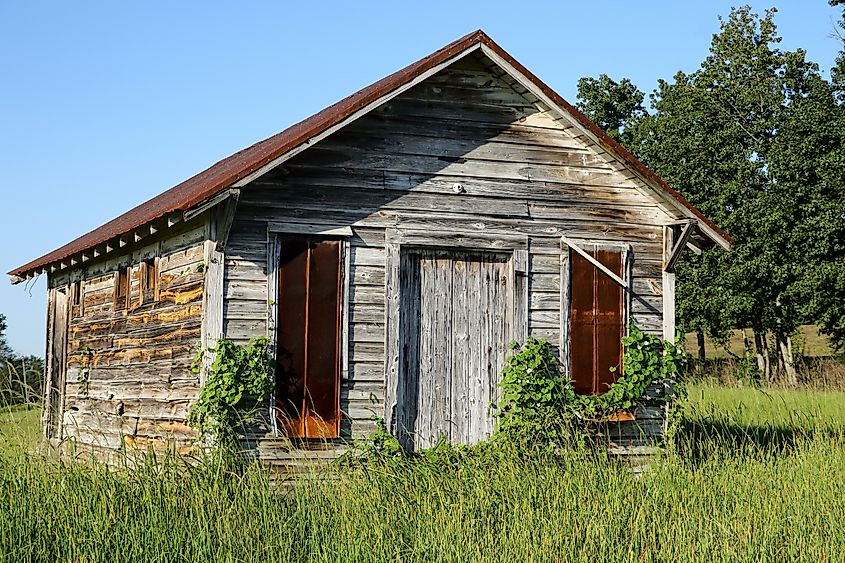
Tuskegee National Forest exists today because of a major land shift in the early 20th century. By the 1930s, Macon County’s farmland had been exhausted by decades of overuse. Erosion and poor soil conditions left large swaths of land barren. To restore the environment, the federal government purchased the property and began rehabilitating it with forestry projects.
In 1959, President Dwight D. Eisenhower officially proclaimed the area a national forest. What was once depleted farmland had transformed into a public space dedicated to conservation and recreation. Tuskegee became not only a natural resource but also a community asset, offering residents and visitors a green refuge in Alabama’s Black Belt region.
Where to Find It
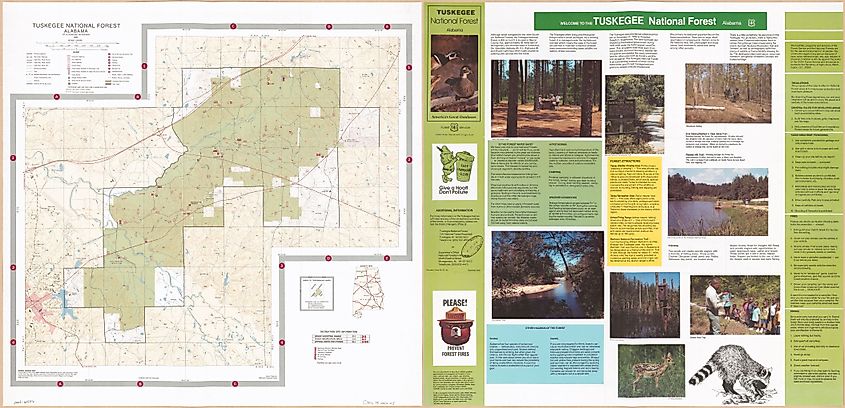
Tuskegee National Forest is located in Macon County, Alabama, just north of the city of Tuskegee and west of Auburn. The location makes it an easy day trip for students at Auburn University, families in Montgomery, or travelers passing through east Alabama.
-
Nearby cities: Tuskegee, Auburn, Opelika, Tallassee
-
Distance from Montgomery: about 40 miles east
-
Distance from Atlanta: about 115 miles southwest
Its accessibility is part of what makes the forest so popular. Within minutes of stepping off the interstate, you can be hiking along a ridge, paddling in a creek, or spotting wildlife from a quiet trail.
Landscape and Climate
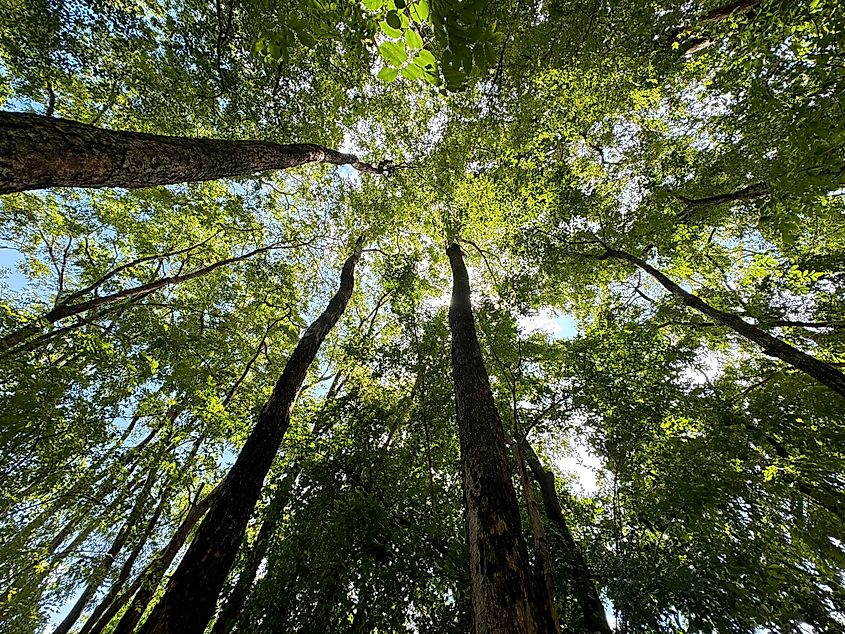
Tuskegee National Forest may be small, but it has a diverse terrain. The topography ranges from level floodplains to rolling ridges and stream terraces. Forest cover includes hardwoods, pines, and mixed woodlands that change dramatically with the seasons.
Climate snapshot:
-
Summers: Hot and humid, with highs often in the 90s
-
Winters: Mild, with highs in the 50s and lows in the 20s
-
Rainfall: March tends to be the wettest month, while October is usually the driest
This climate supports a variety of ecosystems, from shady creekside forests to open ridges ideal for spotting wildlife.
Outdoor Adventures in the Smallest National Forest
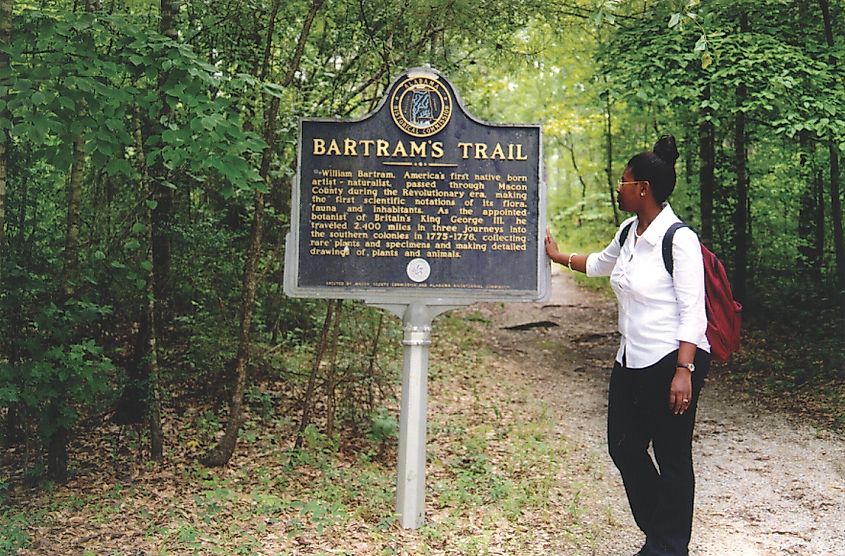
Bartram Trail. Editorial credit: US Forest Service - Southern Region via Wikimedia Commons
Despite its compact size, Tuskegee National Forest offers a surprising variety of activities. Whether you’re looking for a quiet picnic spot, a trail to bike, or a pond to cast a fishing line, there’s something for nearly everyone.
Hiking and Biking Trails
There are four designated trails in the forest, three of which are open to both hikers and mountain bikers.
-
Bartram National Recreation Trail: Named after naturalist William Bartram, this trail passes through Tuskegee as part of its 100-mile journey across Alabama. It’s perfect for anyone who enjoys both history and nature.
-
Pleasant Hill Trail: A multi-use path that welcomes both hikers and bikers, winding through pine stands and hardwood bottoms.
-
Taska Trail: Located near the Taska Recreation Area, this is a short and accessible route for families and casual hikers.
-
Southwest Trail: A lesser-known option, this trail offers a quiet walk through the forest with fewer crowds.
Horseback Riding
Horse enthusiasts can explore designated equestrian trails, enjoying peaceful rides through the ridges and valleys.
Fishing
Fishing is one of the forest’s most popular pastimes. Uchee Creek and local ponds provide opportunities to reel in: Largemouth bass, catfish, crappie, and bream.
For a bigger catch, head to Thloko Okhussee (Big Pond), a favorite among local anglers.
Hunting and Shooting
Tuskegee is a popular destination for hunting, with 14 designated primitive hunting camps open year-round. The Uchee Shooting Range provides safe practice areas with distances of 20, 50, and 100 yards.
Wildlife Viewing
The Tsinia Wildlife Viewing Area is a must-stop for birdwatchers and nature lovers. White-tailed deer, wild turkeys, and migratory birds are often spotted here.
Camping and Picnicking
Primitive camping is allowed at designated sites. For day trips, the Taska Recreation Area has picnic tables, grills, and interpretive signage. It’s also part of the Black Belt Nature and Heritage Trail, connecting natural and cultural landmarks across the region.
Tuskegee and Its Historical Ties
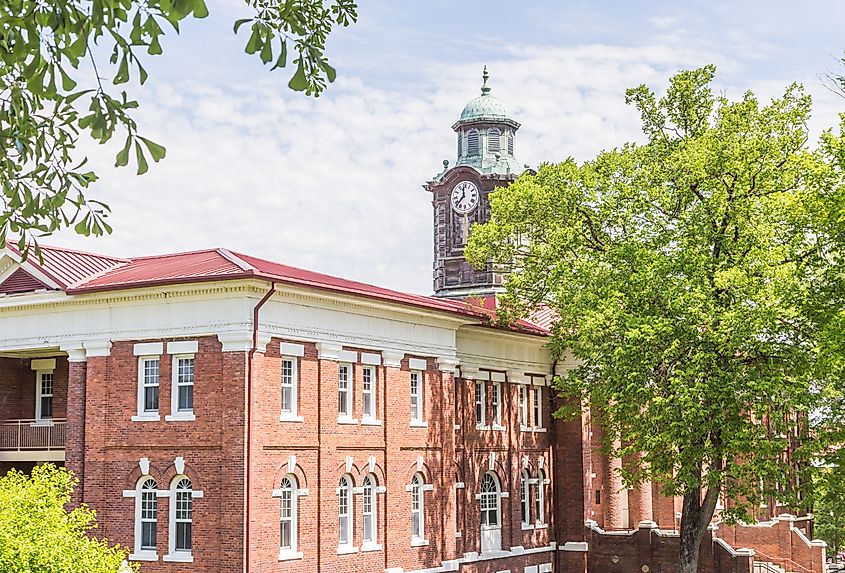
No trip to Tuskegee National Forest is complete without exploring the cultural history of the area. The nearby city of Tuskegee is home to landmarks of national importance:
-
Tuskegee University: Founded in 1881 by Booker T. Washington, this historically Black university played a critical role in education and agriculture. George Washington Carver conducted groundbreaking agricultural research here.
-
Tuskegee Airmen National Historic Site: Celebrates the legacy of the first African American military aviators in World War II.
-
The Oaks: Booker T. Washington’s home, preserved as part of Tuskegee Institute National Historic Site.
The national forest, university, and historic sites together make the region a powerful combination of natural and cultural exploration.
Tips for Visiting Tuskegee National Forest
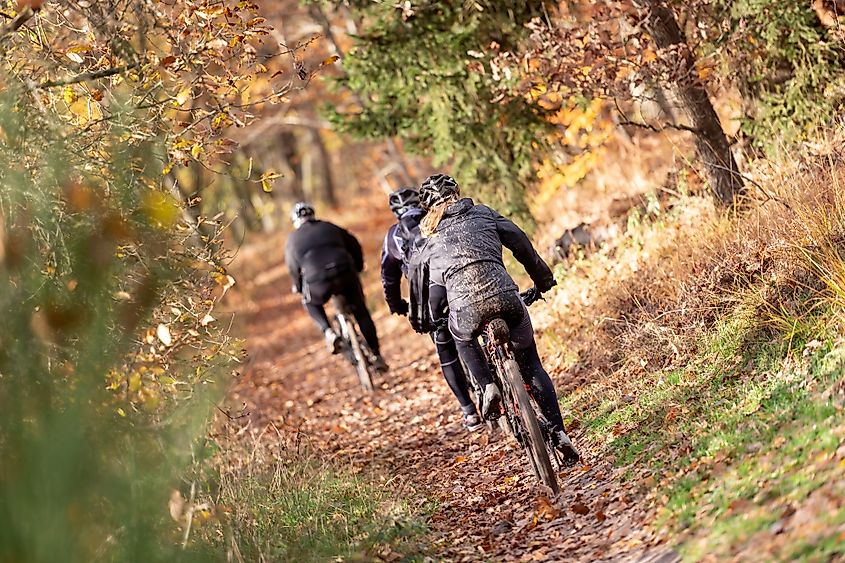
-
Best time to go: Spring and fall for mild weather and colorful foliage
-
What to pack: Bug spray, water, hiking shoes, fishing gear if you plan to cast a line
-
Permits: Check with the Tuskegee Ranger District office for hunting and camping regulations
-
Safety: Be mindful of ticks and snakes, especially in warmer months
Why Visit the Smallest National Forest?
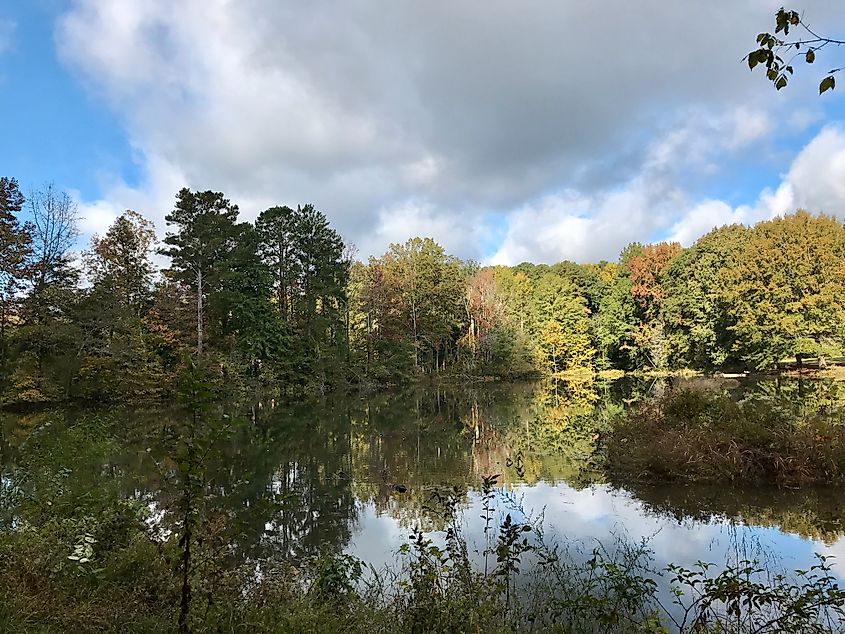
Tuskegee National Forest may not cover the miles of wilderness that larger forests boast, but that’s part of its charm. Its small size makes it accessible, manageable, and family friendly. Visitors can experience a full range of outdoor recreation without needing to plan a multi-day backcountry trip.
Here you can:
-
Hike a section of a historic trail in the morning
-
Enjoy a picnic by a pond at lunchtime
-
Cast a fishing line in the afternoon
-
Head back to a comfortable hotel in Auburn by evening
It’s an approachable way to enjoy the outdoors, especially for new hikers, families with kids, or anyone looking for a quick escape into nature.
Final Thoughts
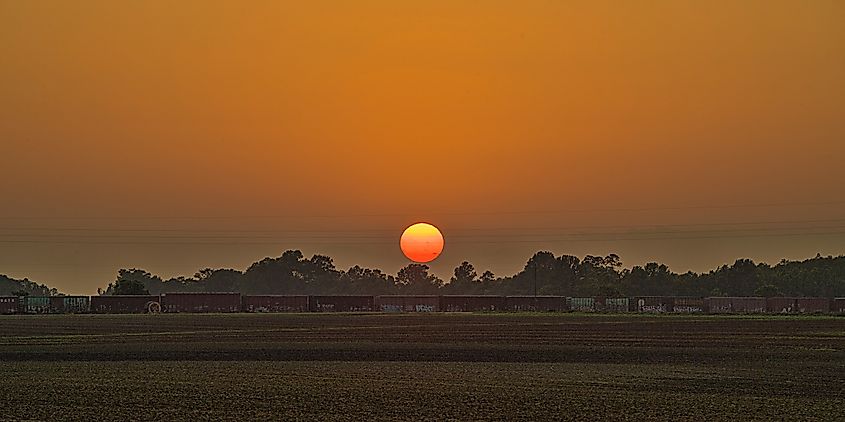
Tuskegee National Forest may be the smallest in the US, but its impact is far greater than its acreage suggests. Born out of land restoration efforts, it now serves as a hub for recreation, conservation, and cultural connection in Alabama’s Black Belt region.
If you’re traveling through east Alabama, set aside a day to visit. Between its trails, ponds, wildlife, and historic ties to Tuskegee, this little forest proves that size isn’t everything when it comes to adventure.
Tuskegee National Forest at a Glance
| Feature | Details |
|---|---|
| Size | 11,000 acres (smallest national forest in the US) |
| Location | Macon County, Alabama |
| Established | 1959 |
| Headquarters | Montgomery, Alabama |
| Nearby Cities | Tuskegee, Auburn, Opelika |
| Key Activities | Hiking, biking, horseback riding, fishing, hunting, camping, wildlife viewing |
